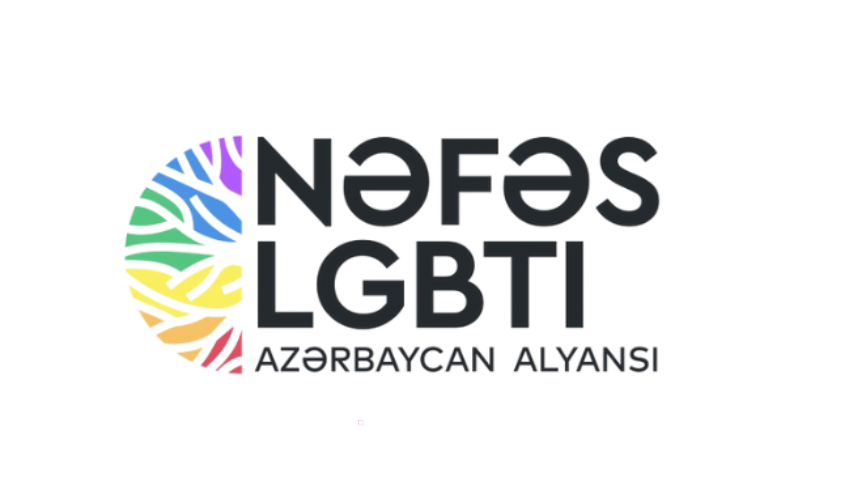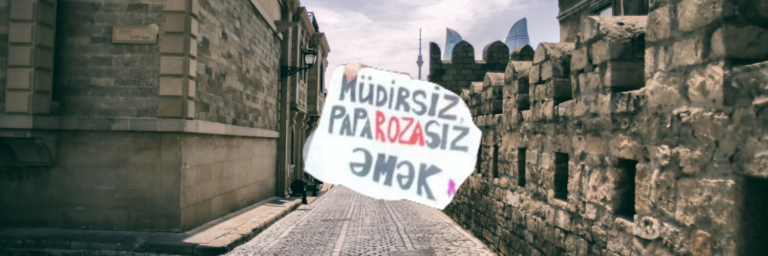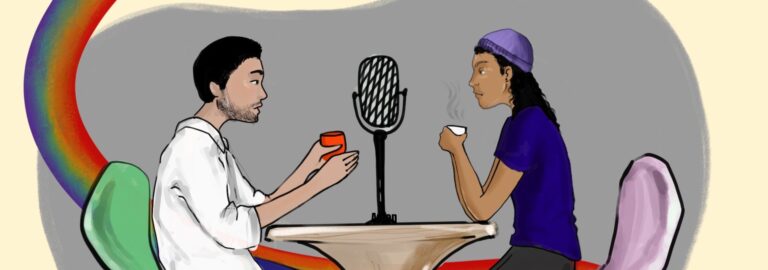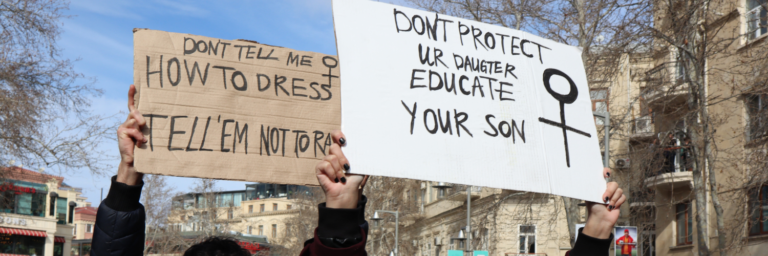European Parliament Passes Resolution on EU-Azerbaijan Relations, Highlights LGBTQI+ Rights
The European Parliament has passed a resolution on EU-Azerbaijan relations, specifically emphasising the importance of human rights, including those of LGBTQI+ citizens. The resolution refers to several international conventions, including the European Convention on Human Rights, the International Covenant on…




